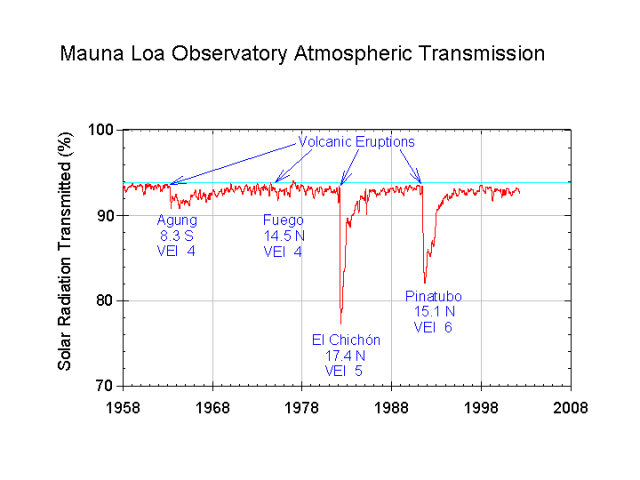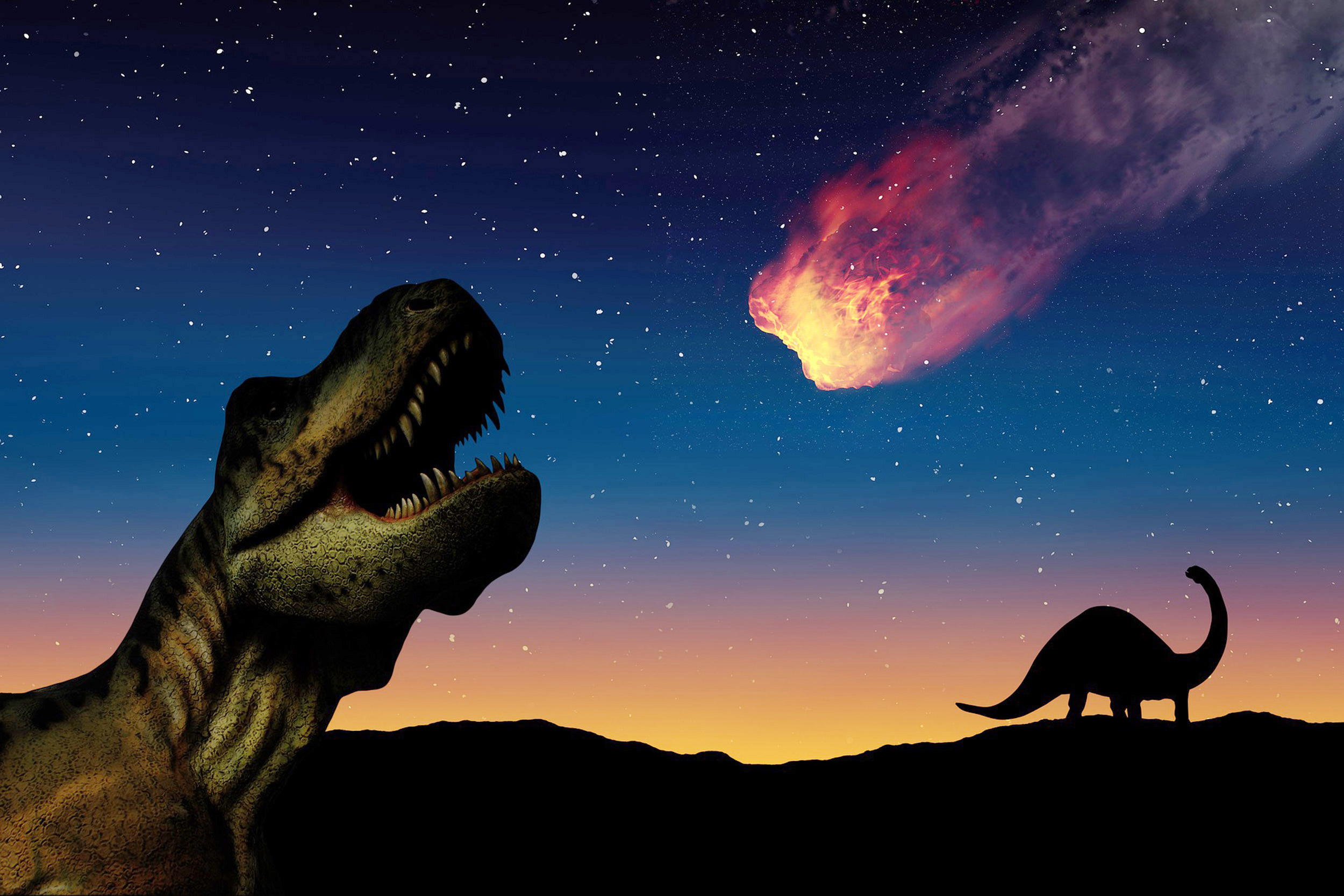You are mis-applying the definition.
The principle of uniformitarianism says that the present is the key to the past. This principle has had a profound impact on the science of geology.

education.nationalgeographic.org
"The principle of uniformitarianism is essential to understanding Earth’s history. However, prior to 1830, uniformitarianism was not the prevailing theory. Until that time, scientists subscribed to the idea of catastrophism. Catastrophism suggested the features seen on the surface of Earth, such as mountains, were formed by large, abrupt changes—or catastrophes. When discussing past climates, opponents to uniformitarianism may speak of no-analog changes. This idea suggests that certain communities or conditions that existed in the past may not be found on Earth today."
Of course mountains were not formed by large abrupt changes. They were usually formed slowly by plate tectonics.
Yet there were several large abrupt changes, large asteroid hits for one.
New theory explains origin of comet that killed the dinosaurs.

news.harvard.edu
My post still needs to be answered, if you can:
Just because earth had large temperature changes in the past doesn't mean that today's inhabited world could survive without a mass die-off of humans. A nuclear war could end civilization. Global warming has the potential to affect global weather patterns very seriously. Another "Ice Age", which is coming eventually. The hot cycles generally cause the cold cycles.


